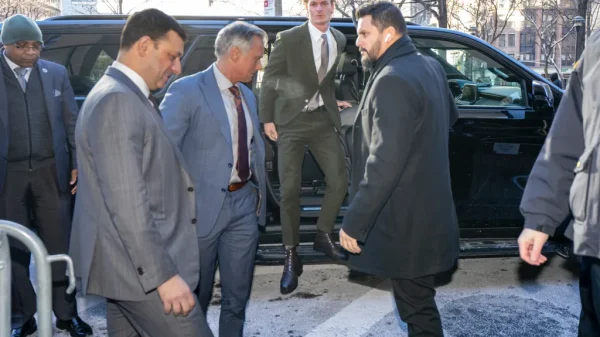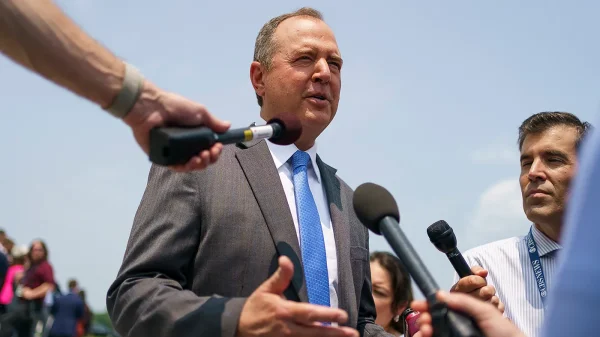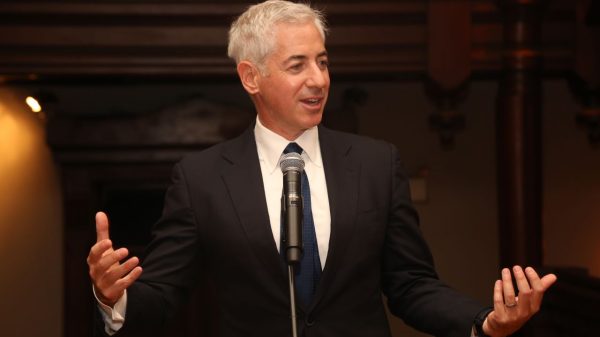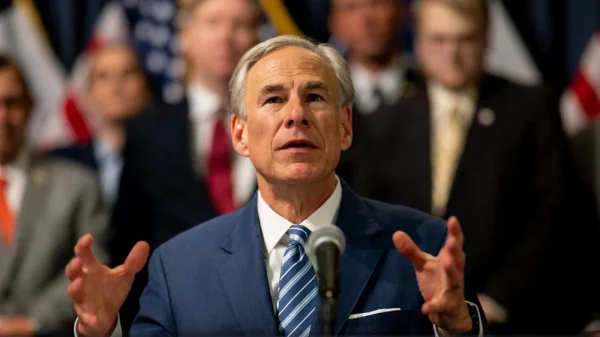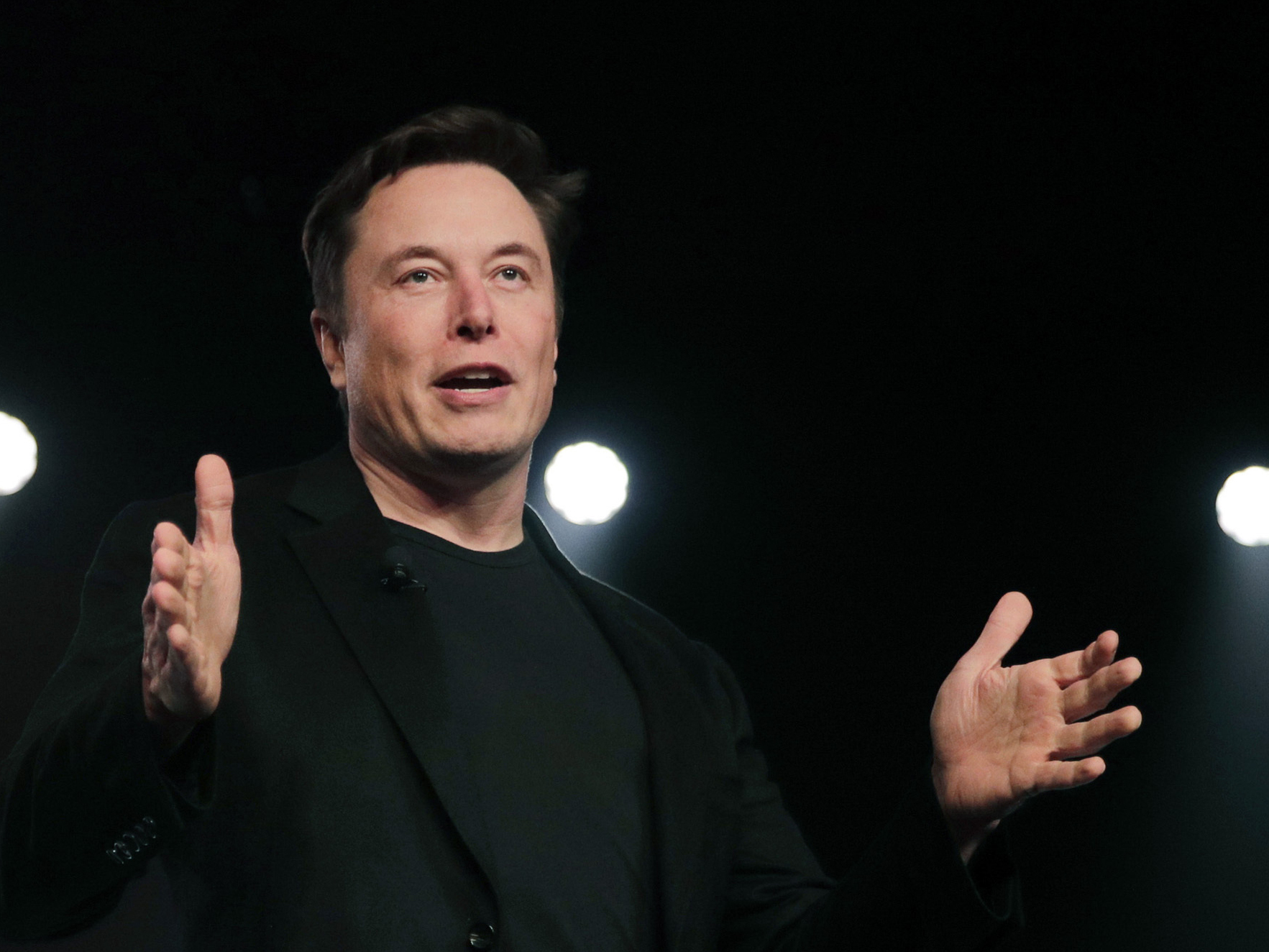SpaceX’s Starlink satellite terminals have quickly become an essential tool in the arsenal of soldiers on the front lines in Ukraine. The small dishes allow them unfettered lines of communication, despite Russia’s attempts to dismantle their networks.
The development has thrown SpaceX CEO Elon Musk right into the middle of a political crisis — worrying, considering the mercurial CEO’s unpredictable and often brash nature.
And that has Pentagon officials quaking in their boots, as journalist Ronan Farrow writes in a sprawling new feature for the New Yorker.
“Even though Musk is not technically a diplomat or statesman, I felt it was important to treat him as such, given the influence he had on this issue,” former Under-Secretary of Defense for Policy at the Pentagon Colin Kahl told Farrow.
Musk’s stance on the war in Ukraine has changed considerably since SpaceX initially started handing out terminals to soldiers in early 2022.
At first, his commitment to supporting the Ukrainian cause was palpable, seemingly celebrating the delivery of hundreds of terminals.
But over the coming months, and around 20,000 terminals later, Musk became weary of the costs SpaceX was accruing, tweeting that it was “unreasonable” for the company to keep supporting the growing data usage.
His purported meetings with Russian president Vladimir Putin also raised eyebrows, crystalizing Pentagon officials’ concerns over Musk’s involvement in the war.
At the time, Starlink communications broke down, throwing Ukrainian lines into chaos. According to the New Yorker‘s sources, the outages were likely the result of SpaceX intentionally cutting the cord via geofencing.
Meanwhile, in a particularly brazen Twitter thread on October 3, Musk suggested that Ukraine should surrender and give up Crimea as a peaceful outcome of the war.
“My inference was that he was getting nervous that Starlink’s involvement was increasingly seen in Russia as enabling the Ukrainian war effort, and was looking for a way to placate Russian concerns,” Kahl told Farrow.










